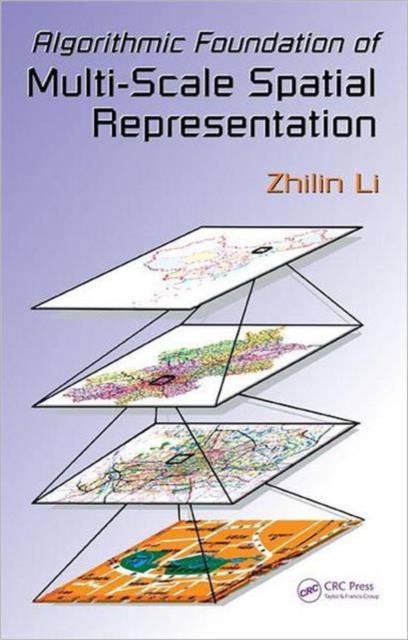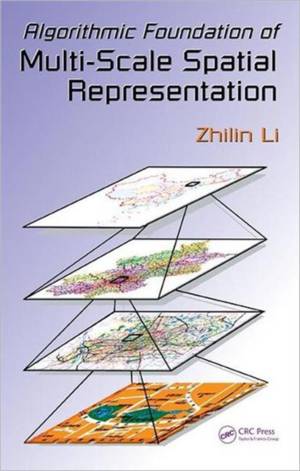
- Retrait gratuit dans votre magasin Club
- 7.000.000 titres dans notre catalogue
- Payer en toute sécurité
- Toujours un magasin près de chez vous
- Retrait gratuit dans votre magasin Club
- 7.000.000 titres dans notre catalogue
- Payer en toute sécurité
- Toujours un magasin près de chez vous
216,95 €
+ 433 points
Format
Description
With the widespread use of GIS, multi-scale representation has become an important issue in the realm of spatial data handling. However, no book to date has systematically tackled the different aspects of this discipline. Emphasizing map generalization, Algorithmic Foundation of Multi-Scale Spatial Representation addresses the mathematical basis of multi-scale representation, specifically, the algorithmic foundation.
Using easy-to-understand language, the author focuses on geometric transformations, with each chapter surveying a particular spatial feature. After an introduction to the essential operations required for geometric transformations as well as some mathematical and theoretical background, the book describes algorithms for a class of point features/clusters. It then examines algorithms for individual line features, such as the reduction of data points, smoothing (filtering), and scale-driven generalization, followed by a discussion of algorithms for a class of line features including contours, hydrographic (river) networks, and transportation networks. The author also addresses algorithms for individual area features, a class of area features, and various displacement operations. The final chapter briefly covers algorithms for 3-D surfaces and 3-D features. Providing a thorough treatment of low-level algorithms, Algorithmic Foundation of Multi-Scale Spatial Representation supplies the mathematical groundwork for multi-scale representations of spatial data.






